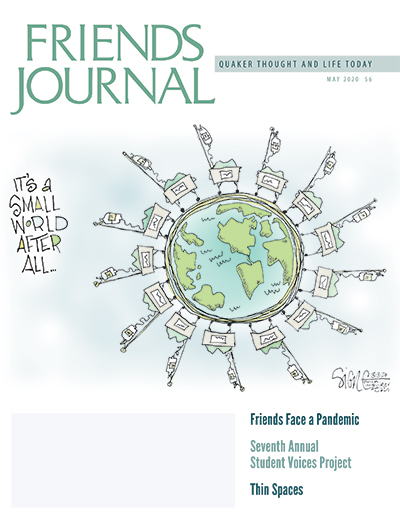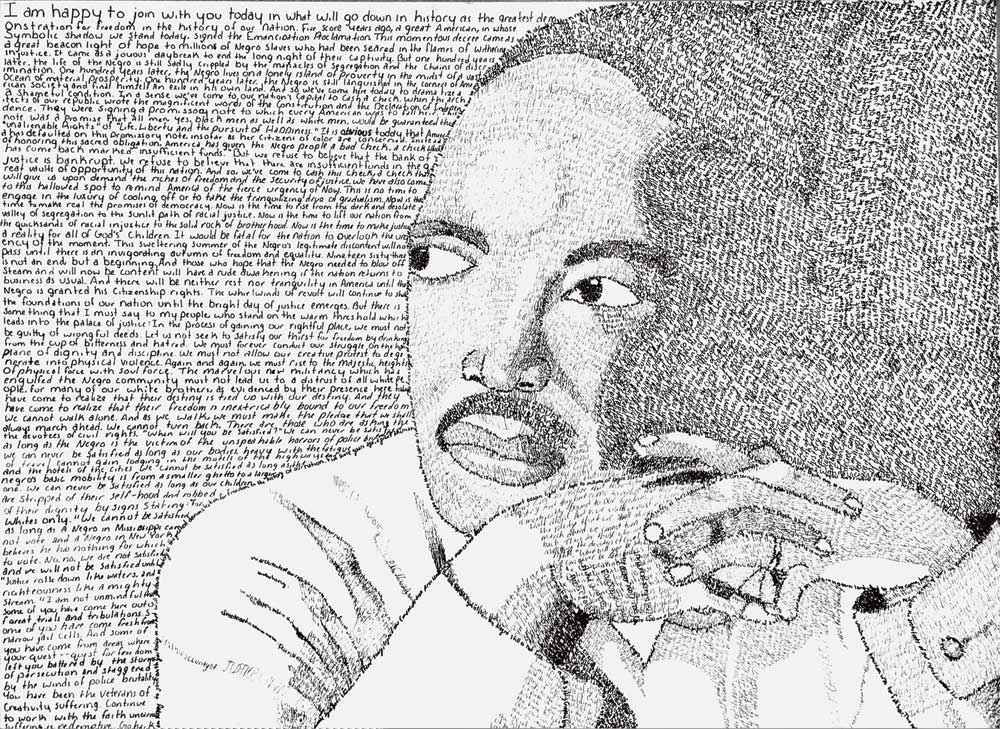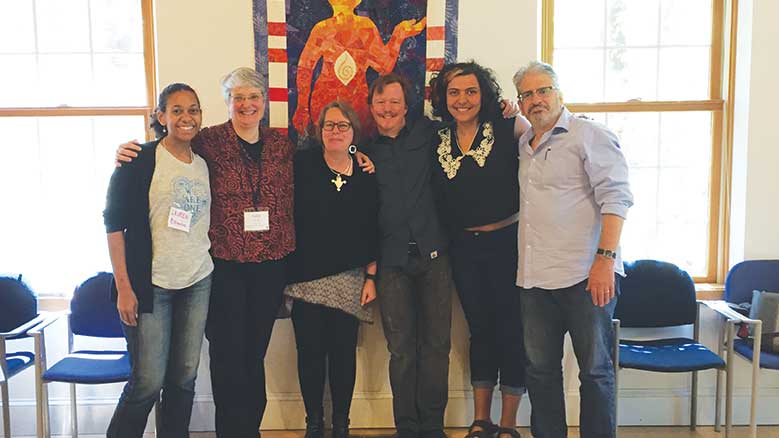When I think of creating change, everything suddenly seems so big. The world seems so unchangeable, so hard to amend. We use examples like Martin Luther King Jr., Nelson Mandela, and Bill Gates—superheroes who have done so much. It’s hard to see myself in them, hard to imagine being able to do what they’ve done.
Breaking down change into four main roles creates a tangible approach: the helper, the advocate, the organizer, and the rebel. All four of these roles are essential to effective activism. The helper tries to do what they can without actually tackling the system. While they are helpful, they don’t actually fix the problem. The advocate tries to fix the problem in the system using traditional solutions that the system encourages. The rebel is also trying to change the system but by shaking things up. The rebel is creating change by creating a crisis so decision makers have to respond. The organizer focuses on getting people together in their own community and then choosing a tactic.
I have always felt drawn to activism. Given my natural gifts and aptitude, I believe that I best fit into the role of the advocate. My personality seems right for the necessary actions of an advocate. I like taking charge and leading a group. I enjoy finding solutions to problems, taking the initiative, and organizing events that pull people together.
Recently I have been trying to be an activist at my school, Sidwell Friends School. Like other schools, Sidwell celebrates Black History Month every February. During Black History Month, teachers set aside time to talk about Black history, culture, and influences on the world today. We learn about past events involving Black people and how those events affect life in the present, and we discuss ways we can help make the path smoother in the future. Celebrating Black History Month has its benefits: it teaches students of all races about a ethnic heritage, and raises awareness about what has happened in the past and how we can change the future. But I believe there are also drawbacks. Because the teachings are isolated to one month during the nine-month school year, many students think on March 1, “Now we’re done with Black History Month, and I can return to the usual.” I strongly believe that Black history, such an influential part of America’s story, shouldn’t be dismissed in this way; we should treat it as a valid part of the ongoing curriculum. Confining this extensive history to less than 30 days sends the message that Black history isn’t important, that the school teaches it for the sake of saying they do, and that it shouldn’t be regarded with the same respect as other topics that are integrated equally through the curriculum.
I’m part of a group of students who are trying to make a change. We want Black history and culture to be integrated into the curriculum equitably throughout the school year. It would be a constant reminder that Black people matter, and that we wouldn’t be where we are today without them. Right now, many students forget Black history is such a vital part of American and world history, and are only reminded in February. Some of us are planning to talk to our school principal about it, while others are writing letters to Congress and other government officials about why it has been condensed to a 28-day period. One student is planning to organize people in her neighborhood to raise awareness about this idea.
I’ve learned a lot about activism and successful aspects of it, and I am trying to implement that knowledge. At the very least, even if nothing changes, I’ll know more about Black history and its importance in my own life. I’ve learned throughout my life that you can’t find your voice unless you use it. I’m inspired by this quote from American novelist James Baldwin: “Not everything that is faced can be changed, but nothing can be changed unless it is faced.”







Comments on Friendsjournal.org may be used in the Forum of the print magazine and may be edited for length and clarity.